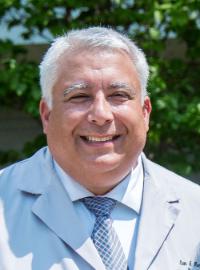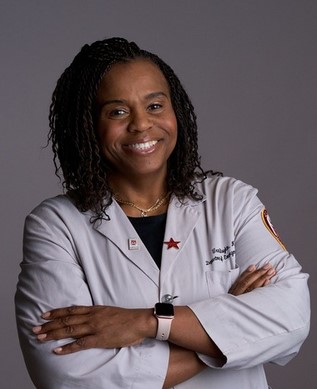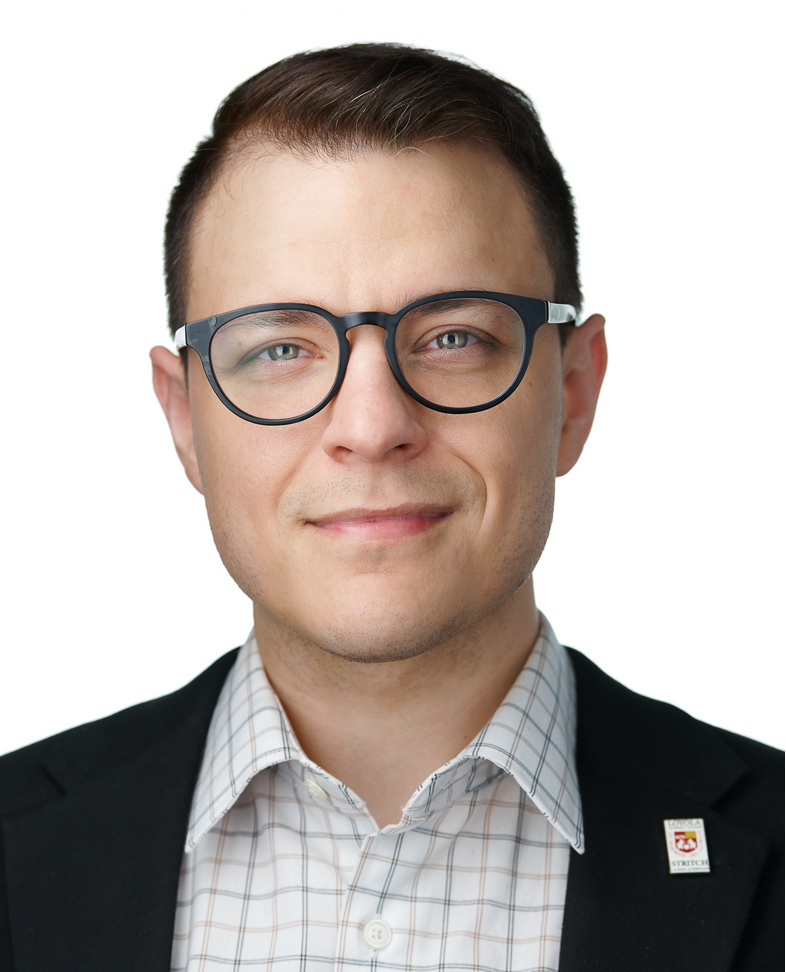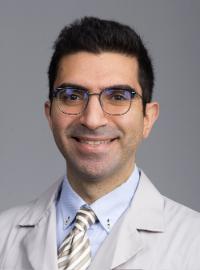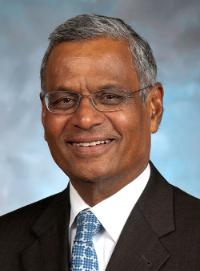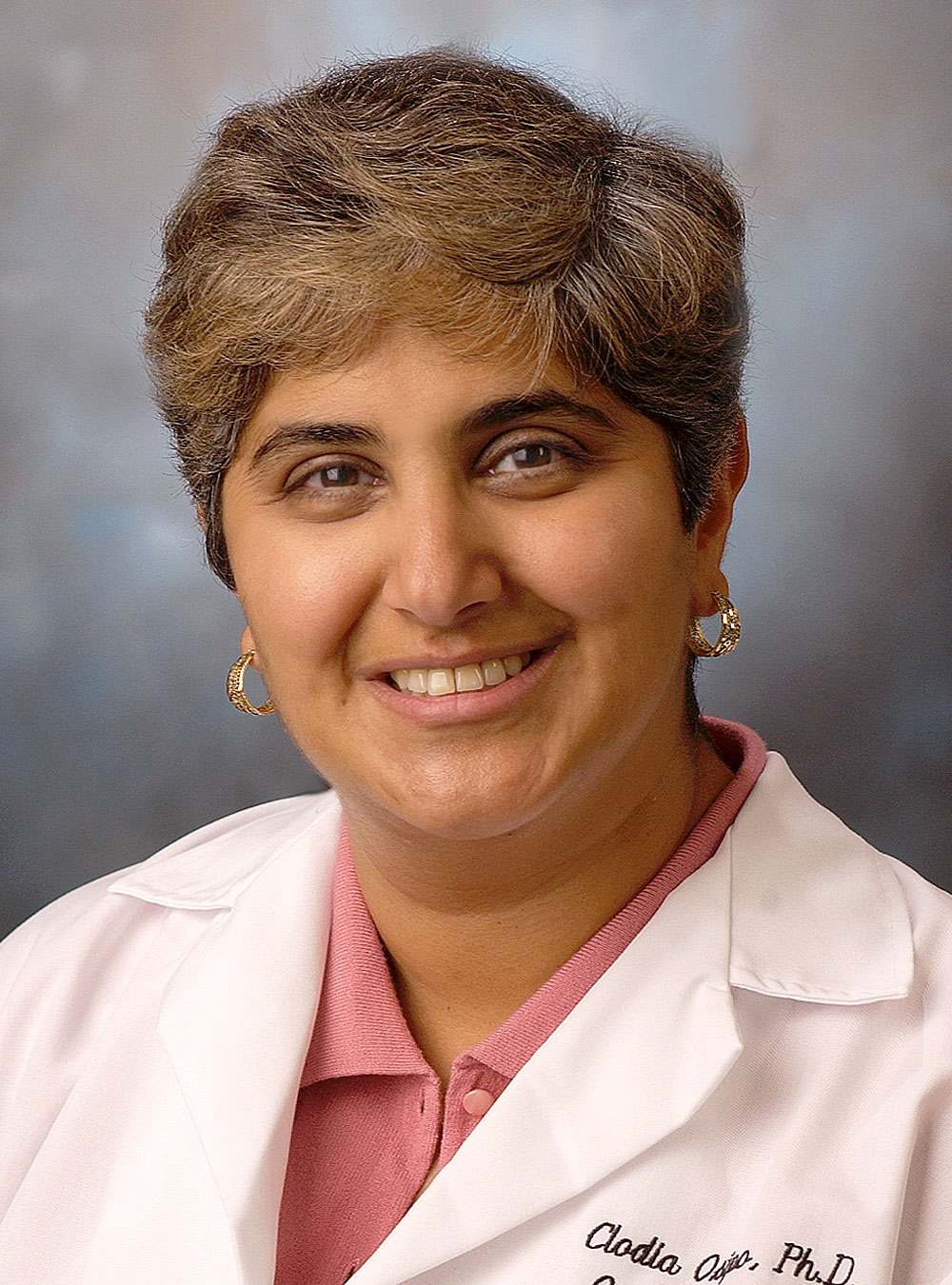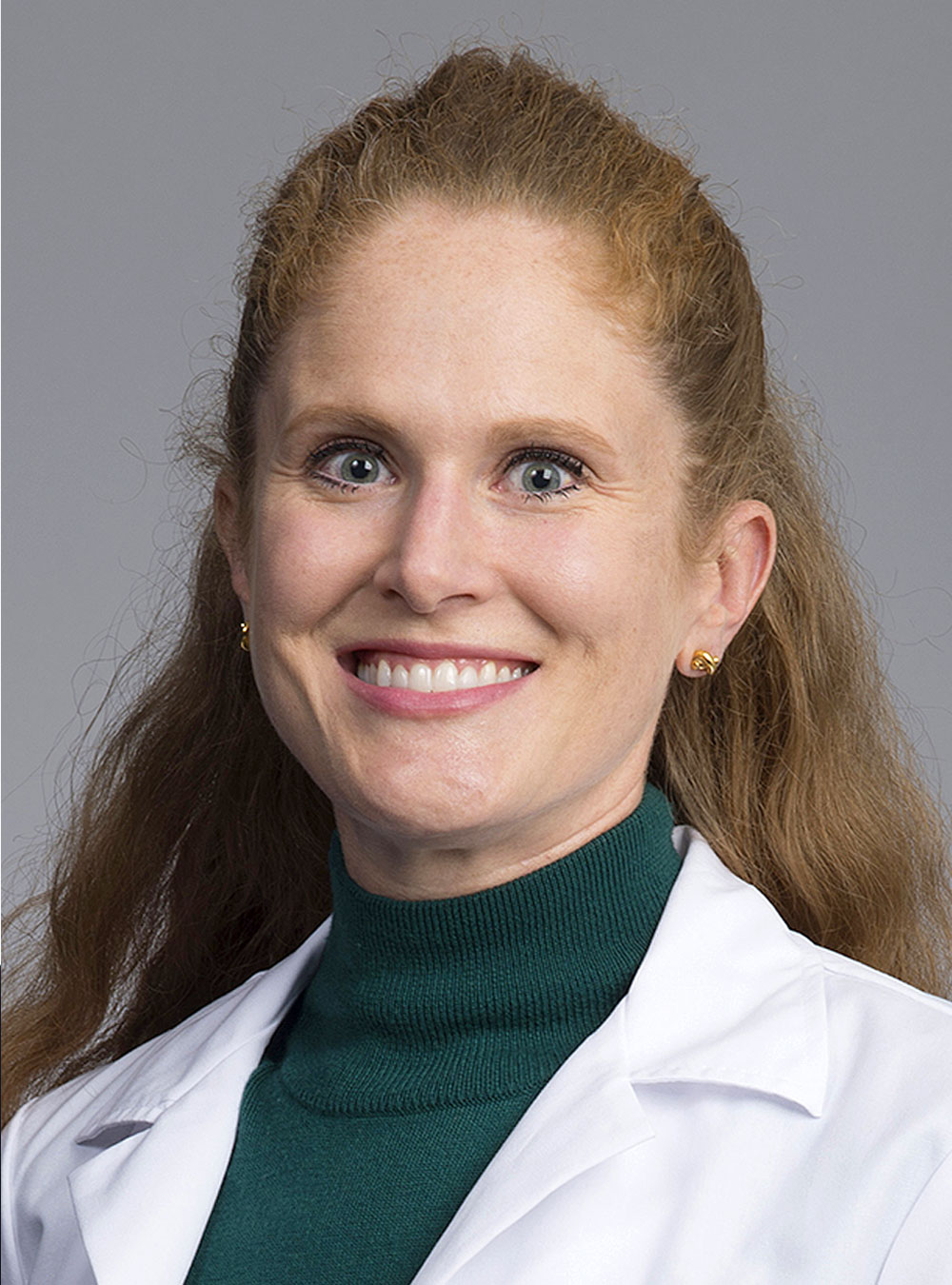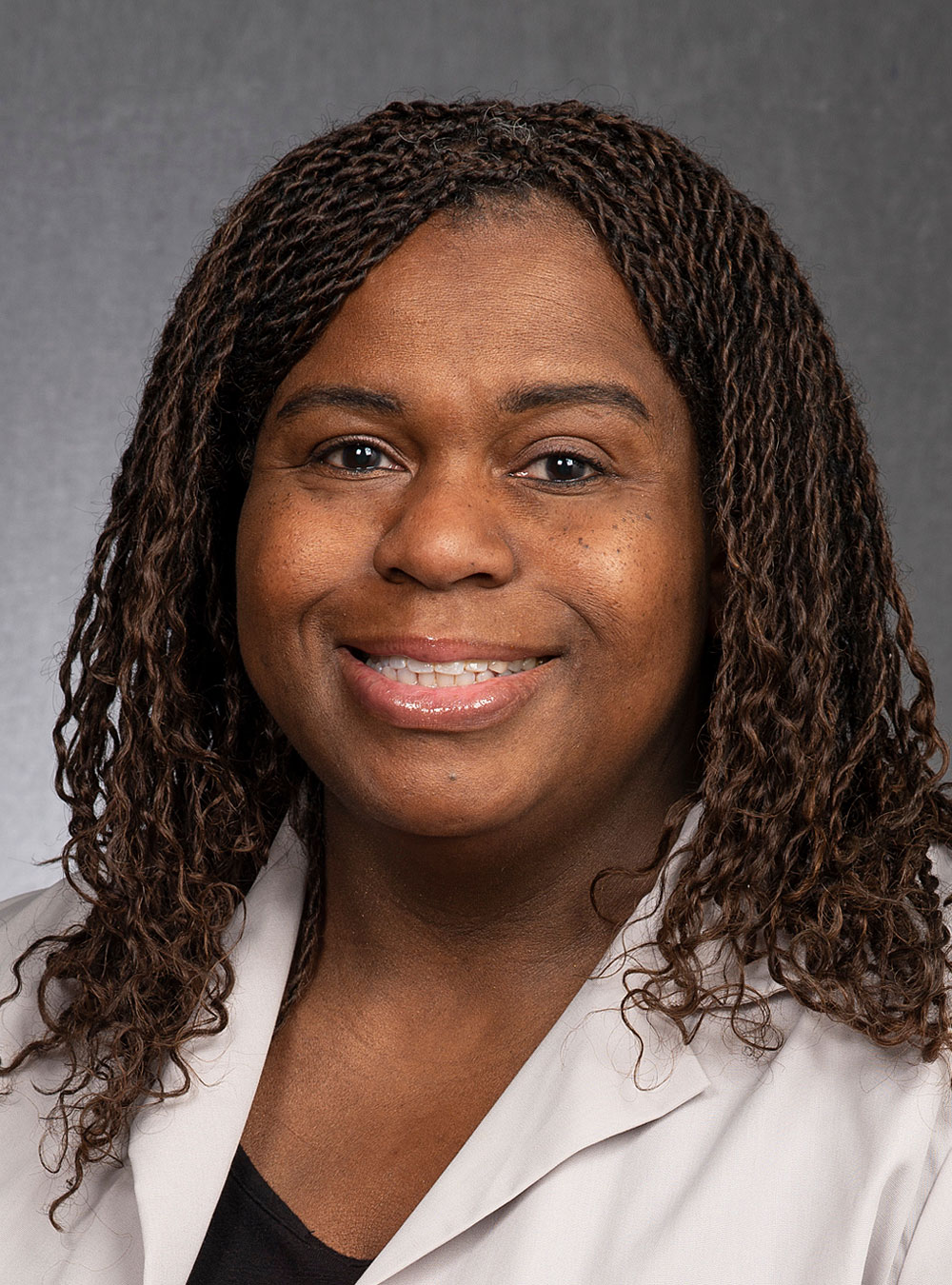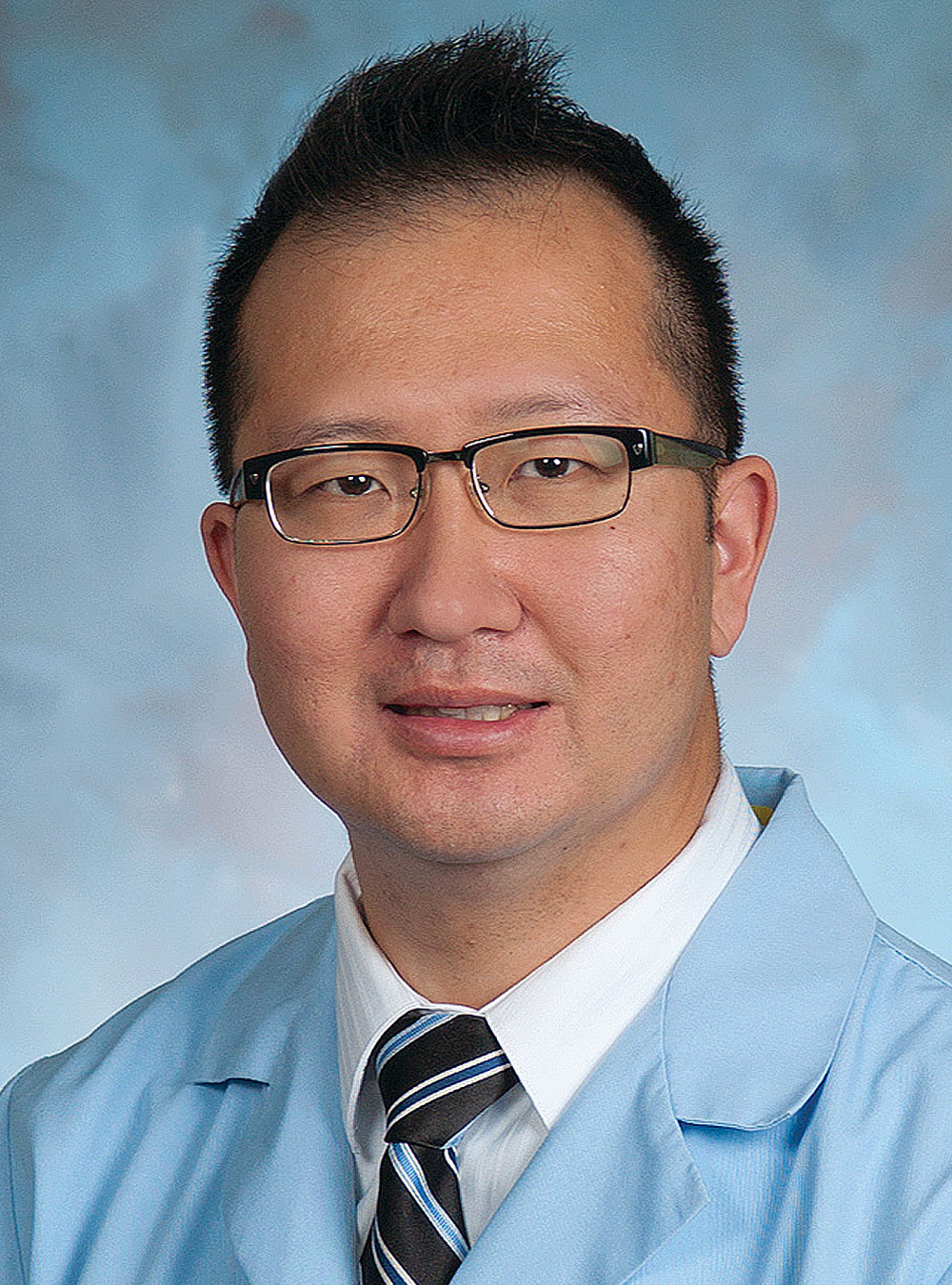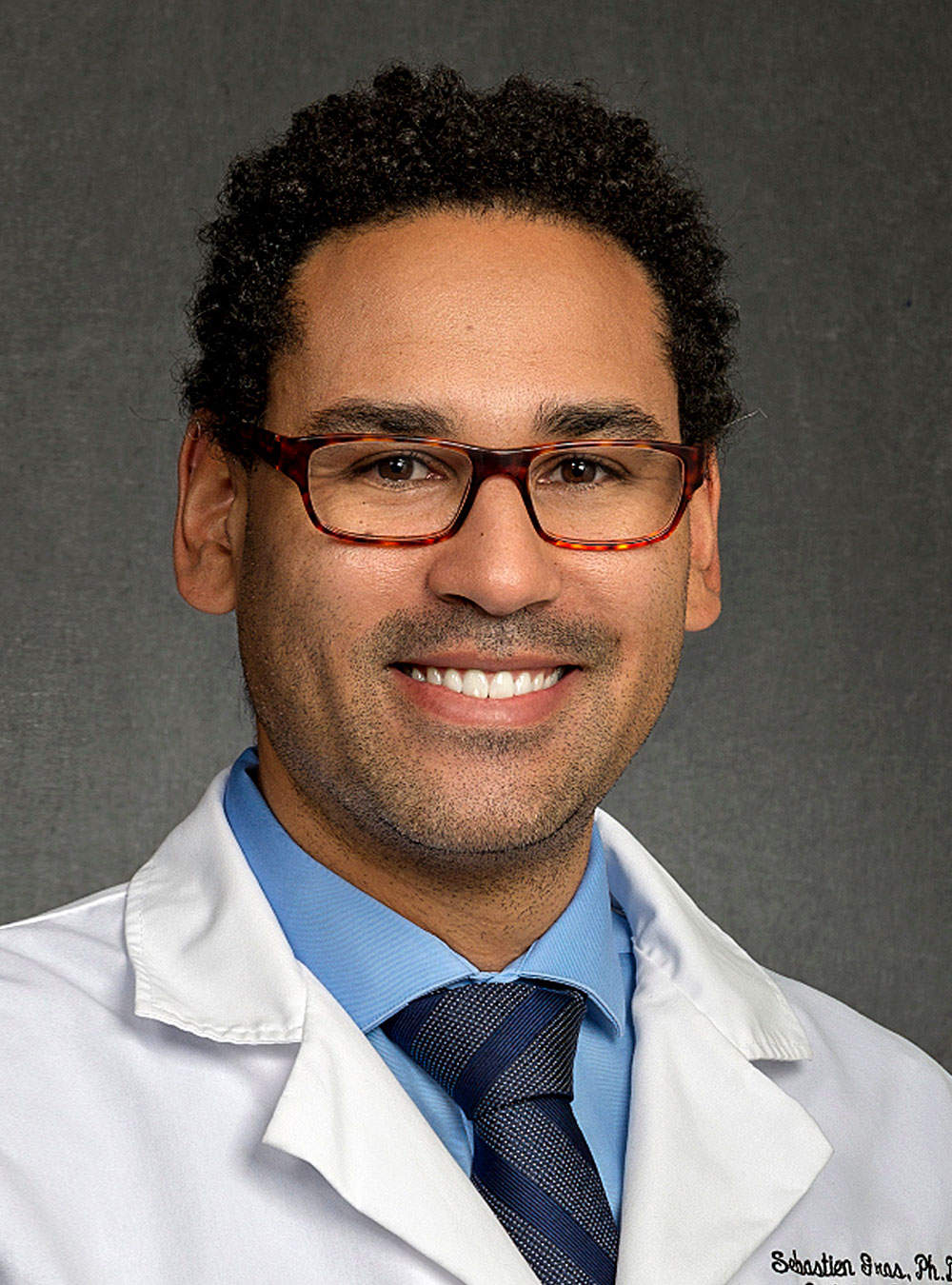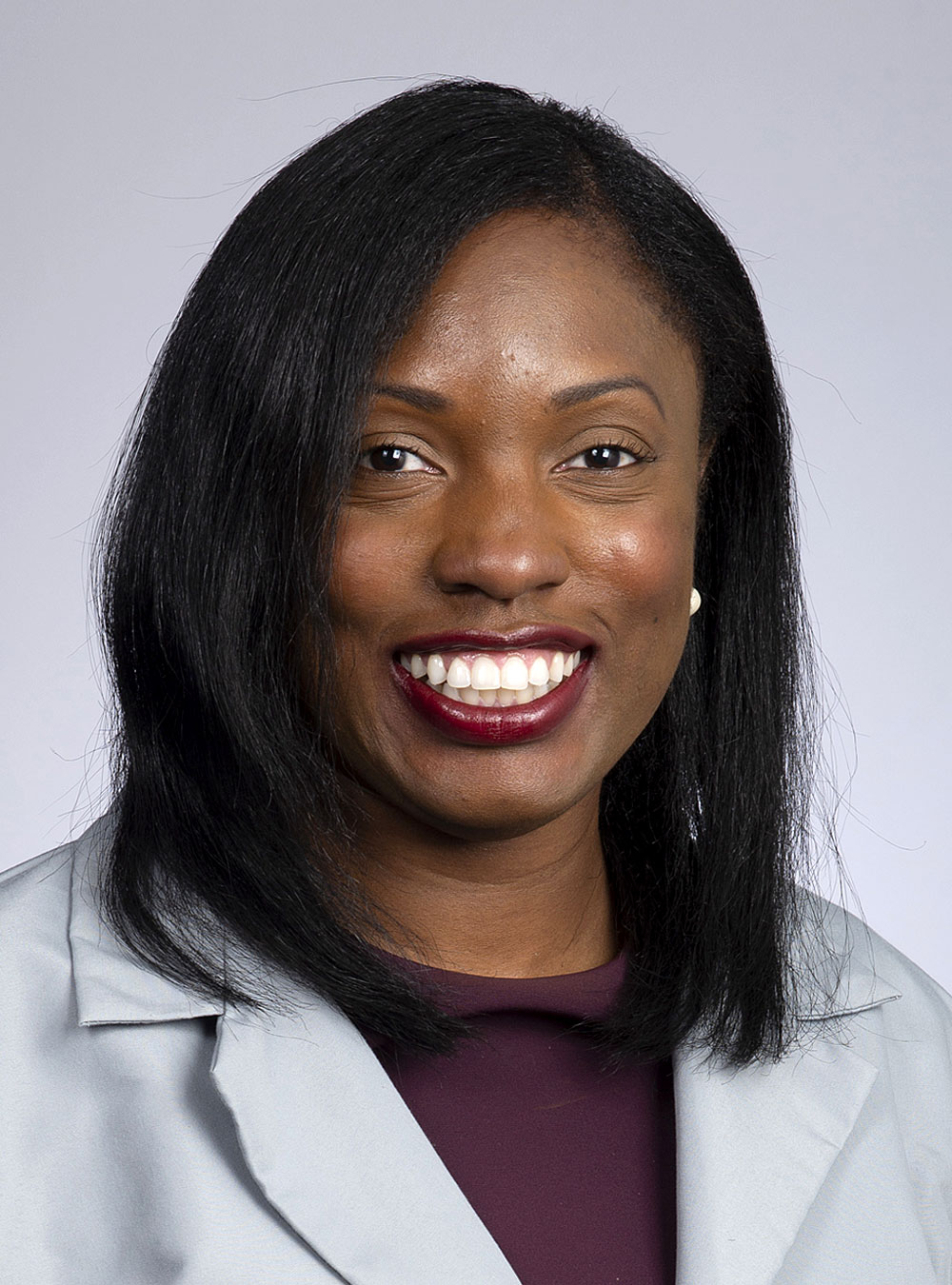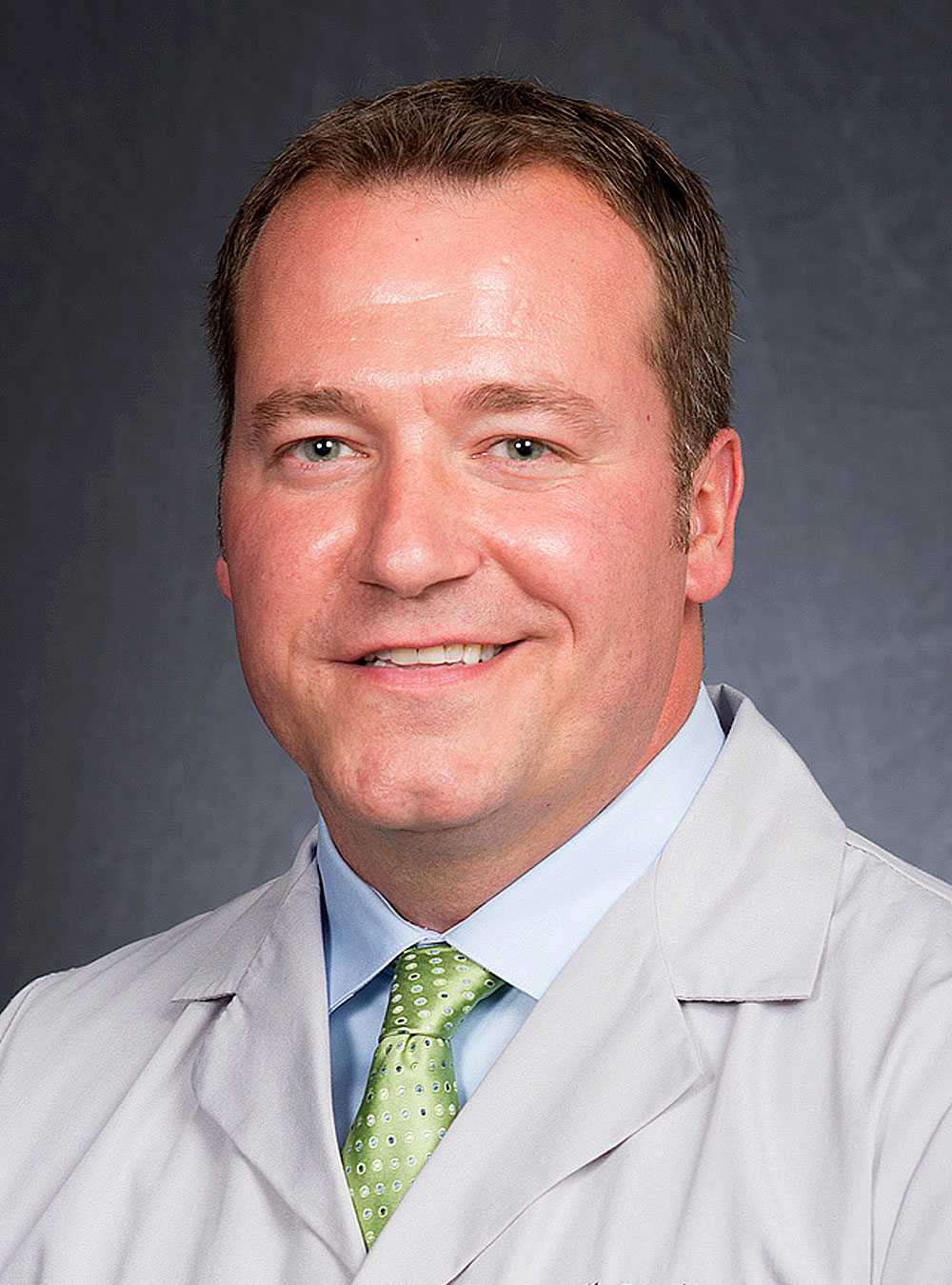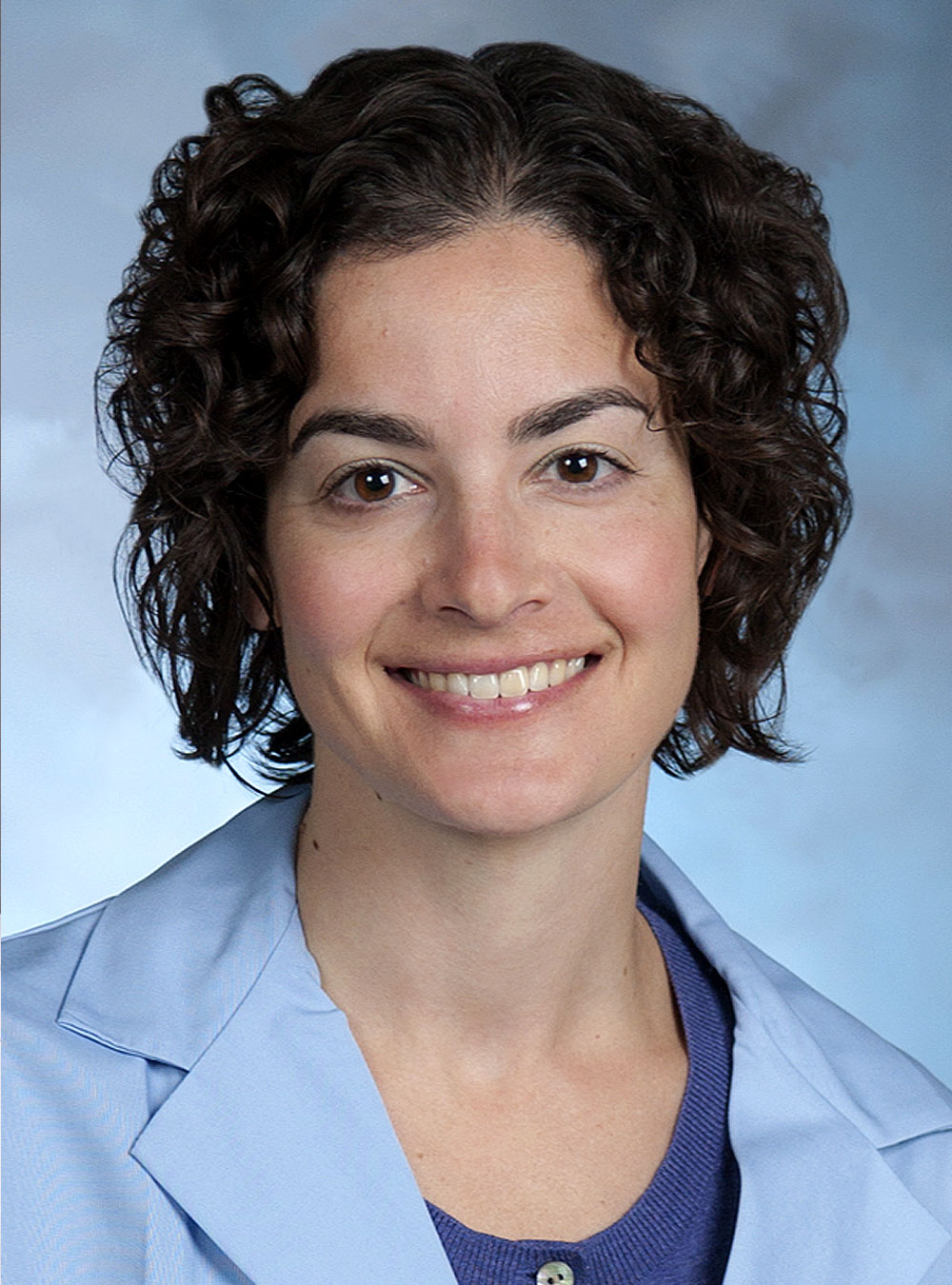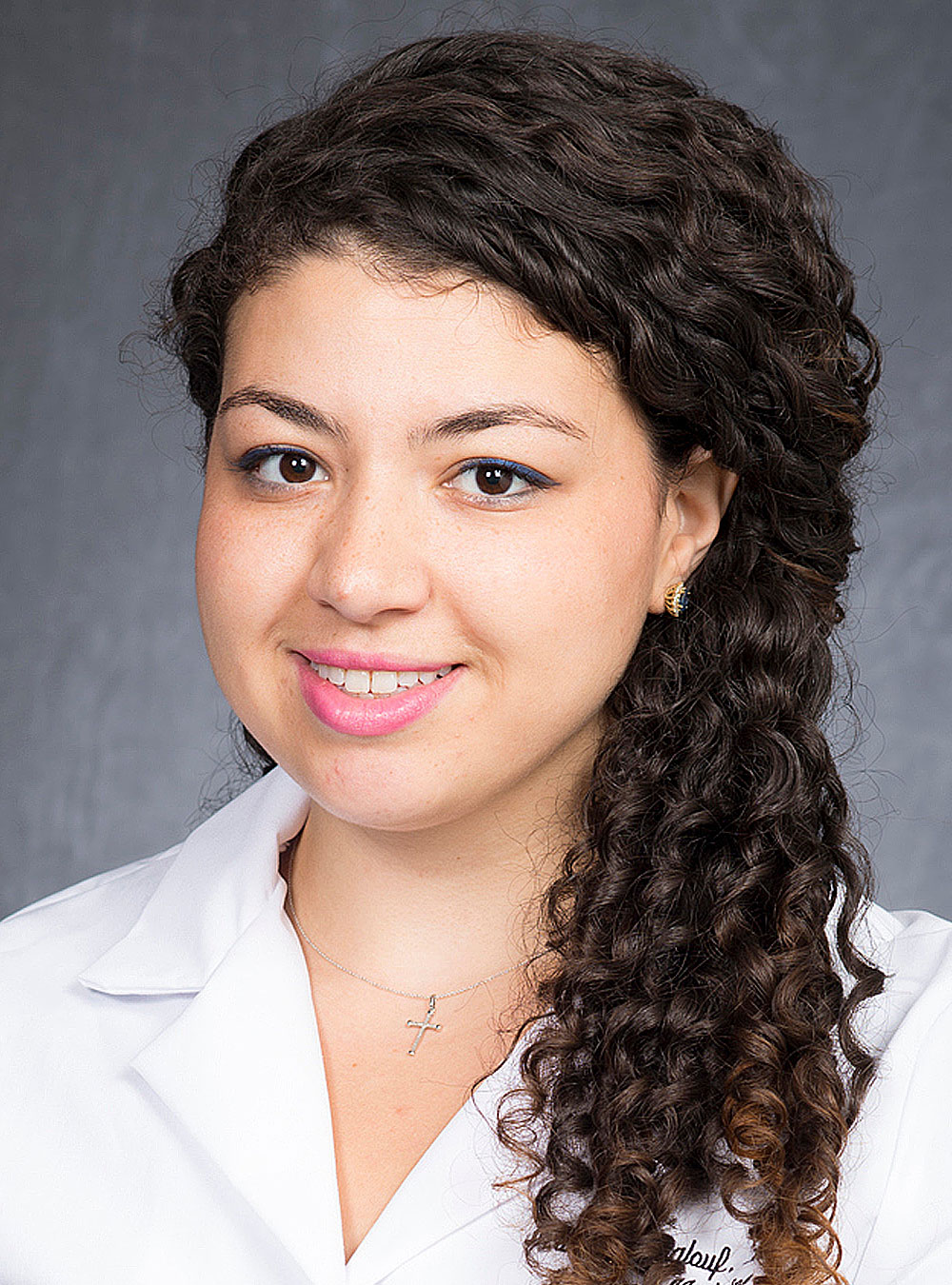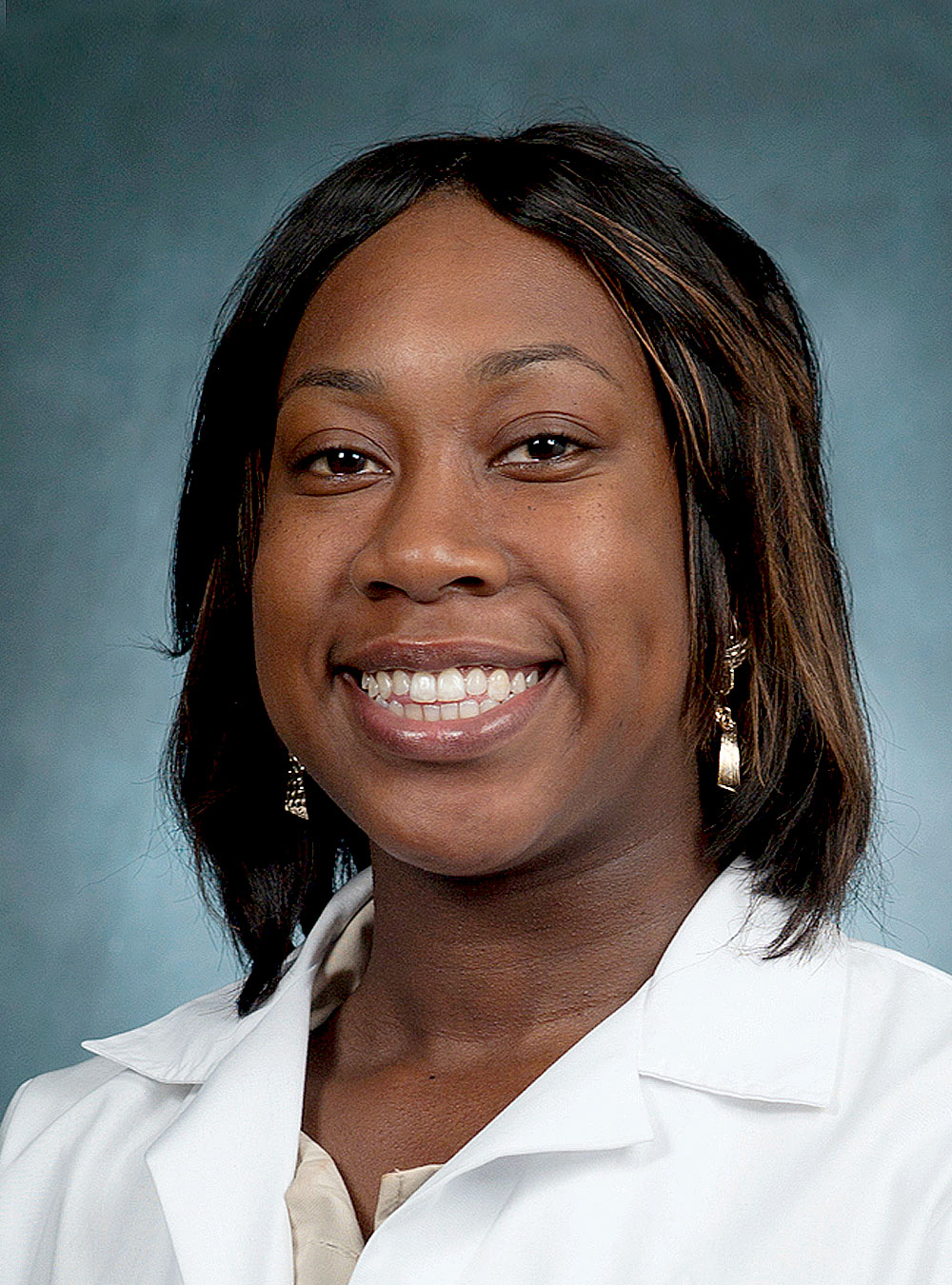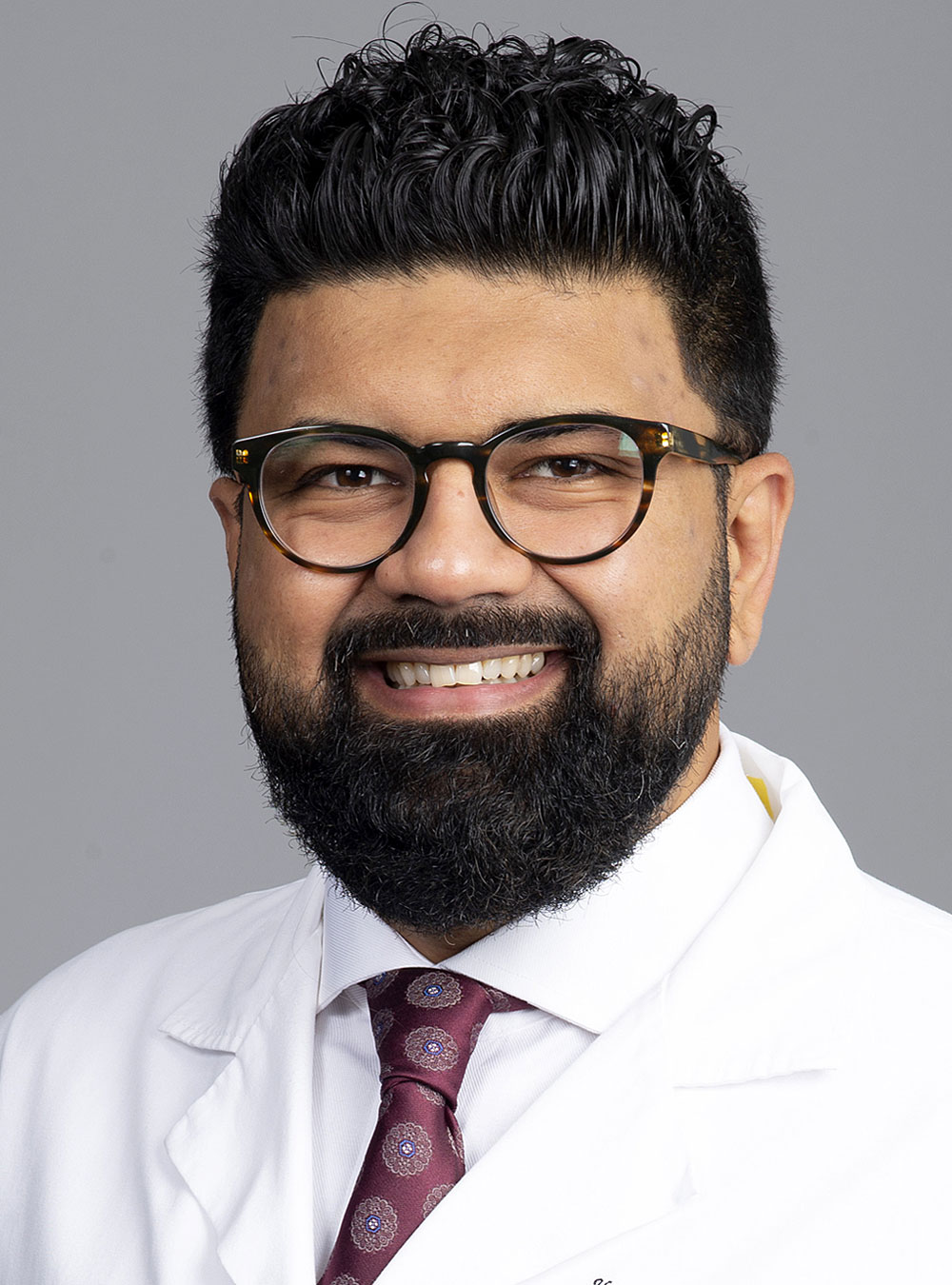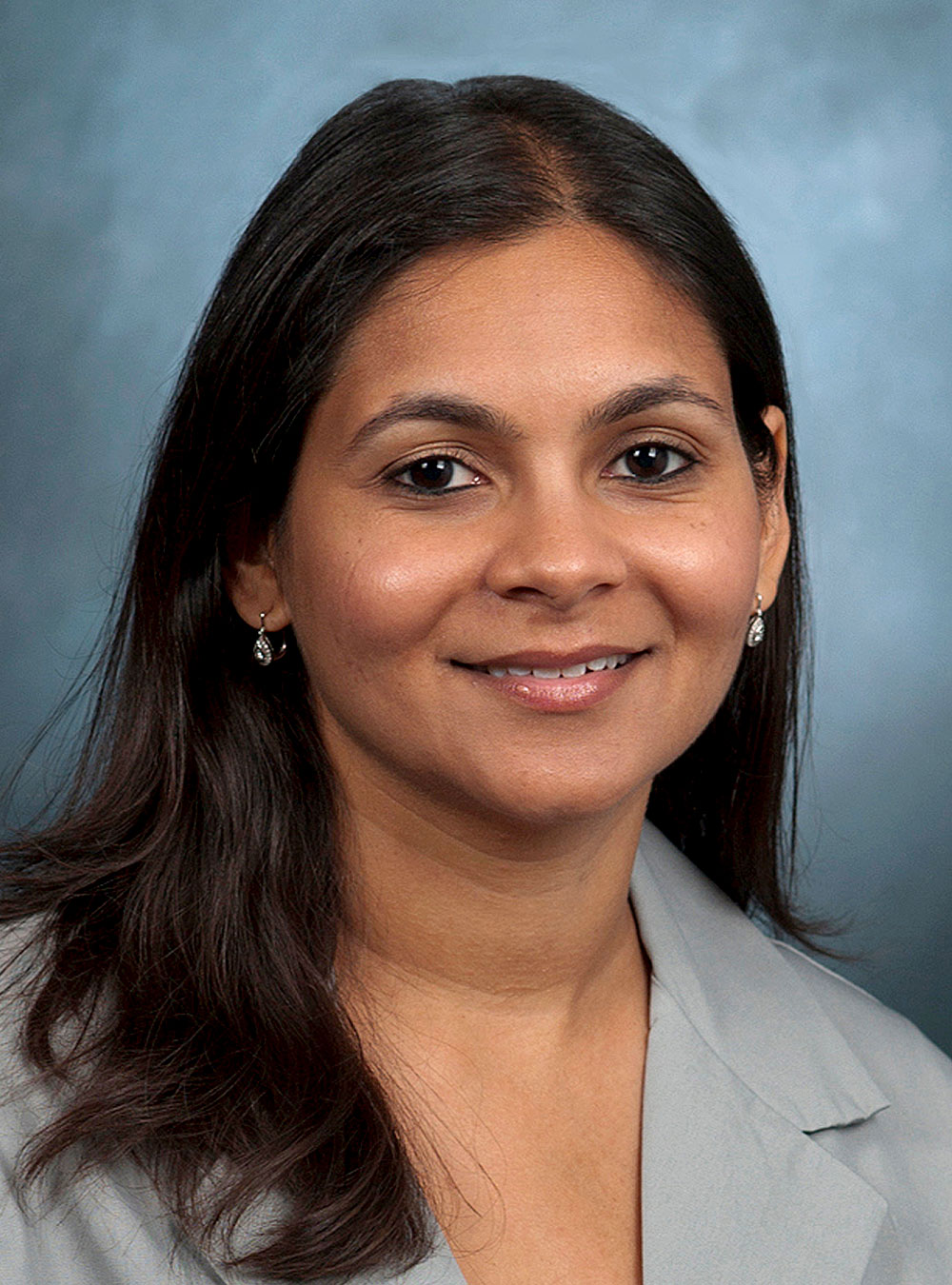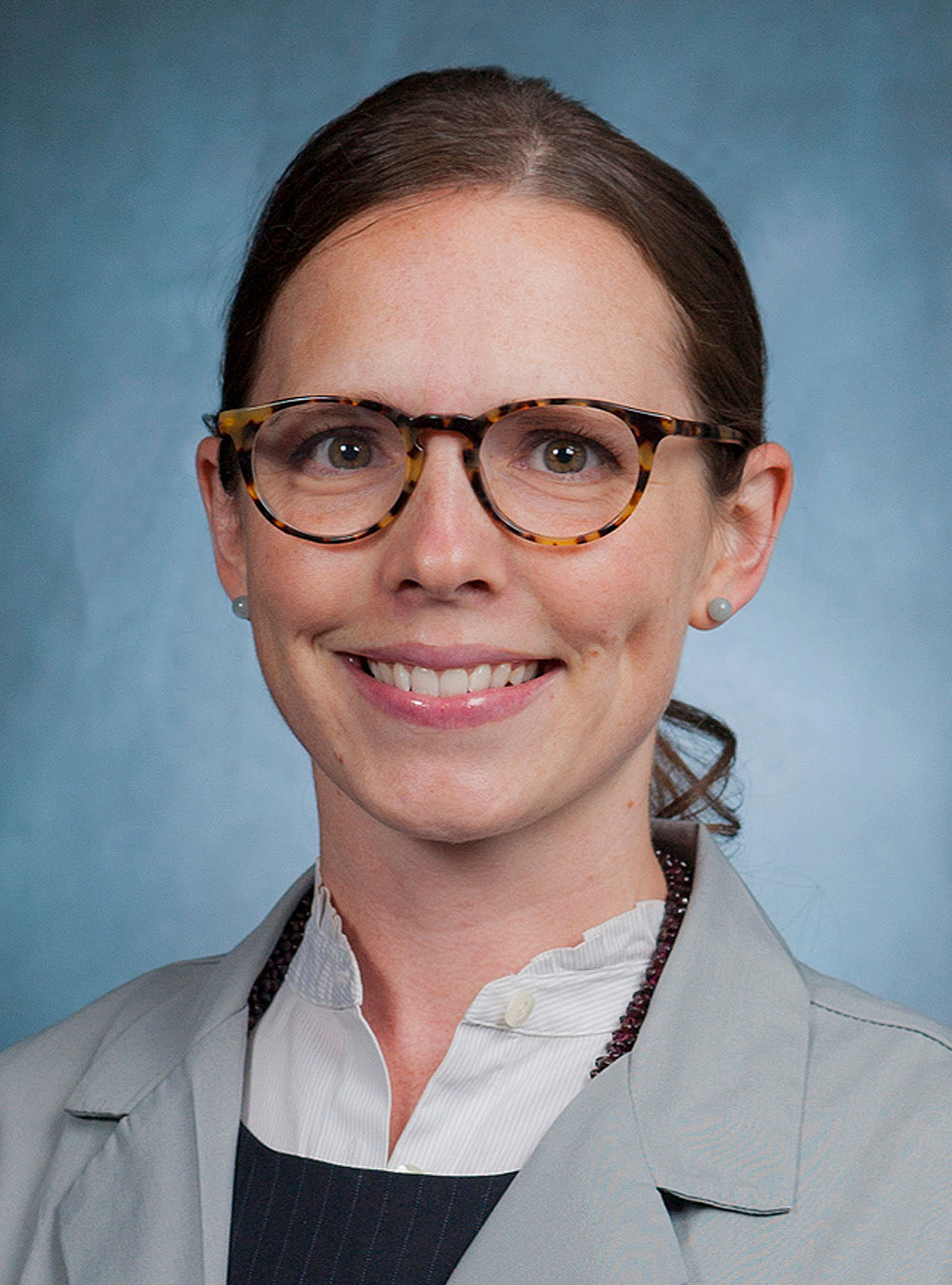Faculty and Staff
Leading and evaluating Stritch diversity, equity, and inclusion initiatives
Guided by Loyola's Jesuit, Catholic tradition, the Stritch community is committed to improving itself and the world through continuous self-examination and transformation.
We created the Stritch Office of Diversity, Equity, and Inclusion (ODEI) with a clear mission and vision: to cultivate a vibrant community of learning and learners that celebrates and maximizes diversity.
Stritch ODEI leadership seeks to identify and meet the dynamic needs of students, faculty, and staff. Meaningful opportunities for faculty leadership and governance are vital to any academic institution and particularly within academic medicine. The ODEI partners with student, faculty, and staff leaders across academic, basic science, and clinical departments to centrally monitor and advance the school's DEI initiatives and outcomes.
In January, 2022, the Stritch ODEI launched the Faculty “Advocates” Program, with an appointed faculty advocate leader from each of 22 clinical and six basic science departments, to help address DEI in areas such as recruitment, retention, promotion, and program development.
Meet ODEI Leadership
ODEI Leadership
Sam J. Marzo, MD
Dean and Professor, Otolaryngology – Head and Neck Surgery and Neurosurgery
Freager Williams, MD
(He/him/his)
Assistant Dean, ODEI; Assistant Professor, Department of Obstetrics and Gynecology
As the Assistant Dean, ODEI, Dr. Williams is the primary ODEI ambassador for all current and prospective medical students. A student advocate and advisor (as well as a faculty advisor for the Student National Medical Association/SNMA and the Student Advisory Council on Diversity and Inclusion/SACDI), he helps recruit students from populations underrepresented in medicine (URiM) and promotes diversity in research across campus.
Tracy Boykin-Wilson, MD, MPH, MBA
(She/her/hers)
Assistant Dean, ODEI; Associate Professor, Department of Emergency Medicine, Division of Emergency Medicine
Tracy Boykin-Wilson is a proud graduate of Loyola University of Chicago’s Stritch School of Medicine. In her role as Assistant Dean, Dr. Boykin-Wilson works closely with faculty and oversees Stritch's DEI Advocates. She was trained in Emergency Medicine at Emory University and completed an International Emergency Medicine Fellowship at Rush University. During her fellowship, she completed a Master of Public Health and defended on Health Care Disparities. Dr. Boykin-Wilson also earned an MBA at Northwestern University’s Kellogg School of Management.
In addition to practicing Emergency Medicine, she serves as the Director of DEI for Loyola University Medical Center’s Department of Emergency Medicine. As a practiced educator, Boykin-Wilson is also the Co-Course Director for the Patient Centered Medicine course for third-year medical students at Stritch. She was voted Clinical Educator of the Year for the Department of Emergency Medicine 3 years in a row. Further, she is the recipient of multiple Wolf and Kettle awards for teaching excellence at Stritch.
Personally, she is the proud mom of two children and resides on the south side of Chicago. Her hobbies include biking, traveling, and listening to live music. Go Sox!
.jpg)
Monica Maalouf, MD
(She/her/hers)
Assistant Dean, ODEI; Associate Professor, Department of Medicine, Division Internal Medicine
In her role of Assistant Dean, ODEI, Dr. Maalouf is the primary ODEI ambassador to residents and fellows, while managing diversity efforts related to graduate medical education. Dr. Maalouf earned her MD at the University of Minnesota and completed her residency in Internal Medicine at New York University School of Medicine.
Maalouf is an Associate Program Director for the Internal Medicine Residency with a focus on diversity, equity and inclusion (DEI). She is also Vice Chair of DEI for the Department of Medicine and has helped develop curricula for students and residents on racism in medicine and health equity.
Her medical interests include HIV care and women's health with a focus on marginalized communities. She is fluent in English, Spanish, and Arabic.
Mark Anthony Torrez, MEd
(He/him/his)
Program Manager
Mark oversees and implements Stritch’s core diversity, equity, and inclusion initiatives including its URiM medical student pipeline programs with a focus on strengthening community partnerships, cultural competence education, and student leadership, mentorship and professionalism. He also manages the ODEI office and its communications, creates policy frameworks, and conducts diversity-related institutional assessment and reporting.
Chelsea Valencia Hernandez
(She/her/hers)
Administrative Program Coordinator
Chelsea primarily oversees day-to-day administrative operations and program logistics. She works closely with Stritch's medical student pathway initiatives (ASPIRE, HPREP, PULSE) and collaborates with the ODEI team.
Growing up in and around Chicago, Chelsea drew strength from her community. She earned a BS in Culture and Politics at Georgetown University (Washington, DC) and continues to dedicate herself to fostering understanding and building a sense of belonging across differences. Before joining Loyola, Chelsea worked at Georgetown’s Center for Multicultural Equity and Access and prior to that, she honed her skills in community outreach, advocacy, and facilitation at Northern Illinois Food Bank as its DEI Specialist.
Meet the Advocates
- Work with their Department Chairs and faculty to conduct SWOT analyses and identify strategies to address opportunities and threats through the development of data-driven planning and implementation planning: to bolster core aspects of DEI work (e.g., URiM recruitment and retention, promotion and leadership, gender equity, community partnership, allyship, policy, and professional development/training programs).
- Serve as ambassadors who model and foster the Stritch community's cultural wealth. Collectively, the DEIA bring together faculty from different backgrounds, tenures, ethnicities, genders, sexual orientations, and other areas.
- Demonstrate Loyola's commitment to cultural humility by striving for excellence and expertise through continuous learning; provide tools, evidence, and data-driven strategies to grow workplace diversity, and foster a culture of equity and inclusion.
2022-2024 DEI Advocates Workgroups
Career Promotion
Zaid Abdelsatter, MD
Cardiovascular Surgery
Sanjay Bansal, MD
Pediatrics
DEI Basic Scientists (DIBS)
Peter Kekenes-Huskey
Cell and Molecular Physiology
Clodia Osipo, PhD
Cancer Biology
Kelly Langert, PhD
Molecular Pharm and Neuro
Bryan Mounce, PhD
Microbiology
Mission Statement: Scientific research to societal impact health greatly benefits from ideas when we are all included and feel valued. The laboratory is a space for ideas to come to life and bringing minds from diverse backgrounds to these spaces is critical for supporting the future of science and improving health. Though we all can bring wonderful ideas to the forefront and contribute to the scientific endeavor, we need to acknowledge that not everyone has been treated fairly. Some have had an easier path than others. Making this path open to everyone is our goal.
We are committed to improving diversity, equity, and inclusion in the basic sciences by recruiting diverse voices, providing support for these voices, engaging our community in science, and reflecting on the errors of the past to correct for the future. Through this we hope to create a vibrant community of scientists so that everyone feels included.
Mentoring
Tracy Boykin, MD
Emergency Medicine
David Yoo, MD
Opthalmology
Sebastien Gros, MD
Radiation Oncology
Denise Asafu Adjei, MD, MPH
Urology
Mission Statement: Recruitment and retention of Under-represented minorities (URiMs) are essential components for a successful Diversity, Equity, and Inclusion initiative. It is imperative that a healthcare system aiming to serve diverse populations and deliver high quality, equitable care has URiM and other diverse faculty to help achieve these goals. It is our goal to devise and implement effective strategies to recruit and retain URiM Residents, Fellows, and Faculty members, which will enhance the culture of our institution, help to mitigate potential cultural biases, and minimize disparities in the healthcare workforce. Ultimately, having diverse physicians engenders humanization and relatability to our patients and improves healthcare outcomes.
Faculty Wellness/ Burnout
Stasia Rouse, MD
Neurology
Matthew Reynolds, MD, PhD
Neurosurgery
Felicty "Lissie" Fishman, MD
Orthopaedic Surgery
Kate Goldhaber, PhD
Psychiatry
Mission Statement: The purpose of the committee is to promote and improve a culture of physical, psychological, and emotional wellbeing that will aim to create healthier lifestyles, emotionally and physically, and prevent faculty and staff burnout.
Mentoring
Monica Maalouf, MD
Medicine
Lena Wiley, MD
OB/GYN
Kamran Mirza, MD, PhD
Pathology and Laboratory Medicine
Kaushik Gururajan, MD
Radiology
Mission Statement: The mission of the mentoring subcommittee of the DEI advocates is to support all underrepresented minorities in medicine (women physicians, Black physicians, physicians of color, LGBTQ+ physicians and others) in pursuing their personal and academic goals. By facilitating mentoring relationships, providing opportunities to practice reflection, and working alongside other subcommittees, this group aims to help mentor physicians to take on leadership roles and realize their full career potential.
Women in Medicine (WIMS)
Neha Dasmunshi, MD
Anesthesia
C. Kimi Suh, MD
Family Medicine
Bernadette Aulivola, MD
General Surgery
Amy Pittman, MD
Otolaryngology
Mission Statement: Loyola University Chicago Stritch School of Medicine supports the American Association of Medical College's Gender Equity Statement:
We "acknowledge that gender equity is a key factor in achieving excellence in academic medicine. To achieve the benefits of diversity, diversity must be inextricably linked to inclusion and equity. Environments are equity-minded when every person can attain their full potential and no one is disadvantaged from achieving this potential by their social position, group identity, or any other socially determined circumstance."
We "must be intentional in identifying exclusionary practices, critically deconstructing the practices that sustain inequities within our institutions and acting to eliminate these inequities."
Leading and evaluating Stritch diversity, equity, and inclusion initiatives
Guided by Loyola's Jesuit, Catholic tradition, the Stritch community is committed to improving itself and the world through continuous self-examination and transformation.
We created the Stritch Office of Diversity, Equity, and Inclusion (ODEI) with a clear mission and vision: to cultivate a vibrant community of learning and learners that celebrates and maximizes diversity.
Stritch ODEI leadership seeks to identify and meet the dynamic needs of students, faculty, and staff. Meaningful opportunities for faculty leadership and governance are vital to any academic institution and particularly within academic medicine. The ODEI partners with student, faculty, and staff leaders across academic, basic science, and clinical departments to centrally monitor and advance the school's DEI initiatives and outcomes.
In January, 2022, the Stritch ODEI launched the Faculty “Advocates” Program, with an appointed faculty advocate leader from each of 22 clinical and six basic science departments, to help address DEI in areas such as recruitment, retention, promotion, and program development.
- Work with their Department Chairs and faculty to conduct SWOT analyses and identify strategies to address opportunities and threats through the development of data-driven planning and implementation planning: to bolster core aspects of DEI work (e.g., URiM recruitment and retention, promotion and leadership, gender equity, community partnership, allyship, policy, and professional development/training programs).
- Serve as ambassadors who model and foster the Stritch community's cultural wealth. Collectively, the DEIA bring together faculty from different backgrounds, tenures, ethnicities, genders, sexual orientations, and other areas.
- Demonstrate Loyola's commitment to cultural humility by striving for excellence and expertise through continuous learning; provide tools, evidence, and data-driven strategies to grow workplace diversity, and foster a culture of equity and inclusion.

